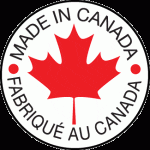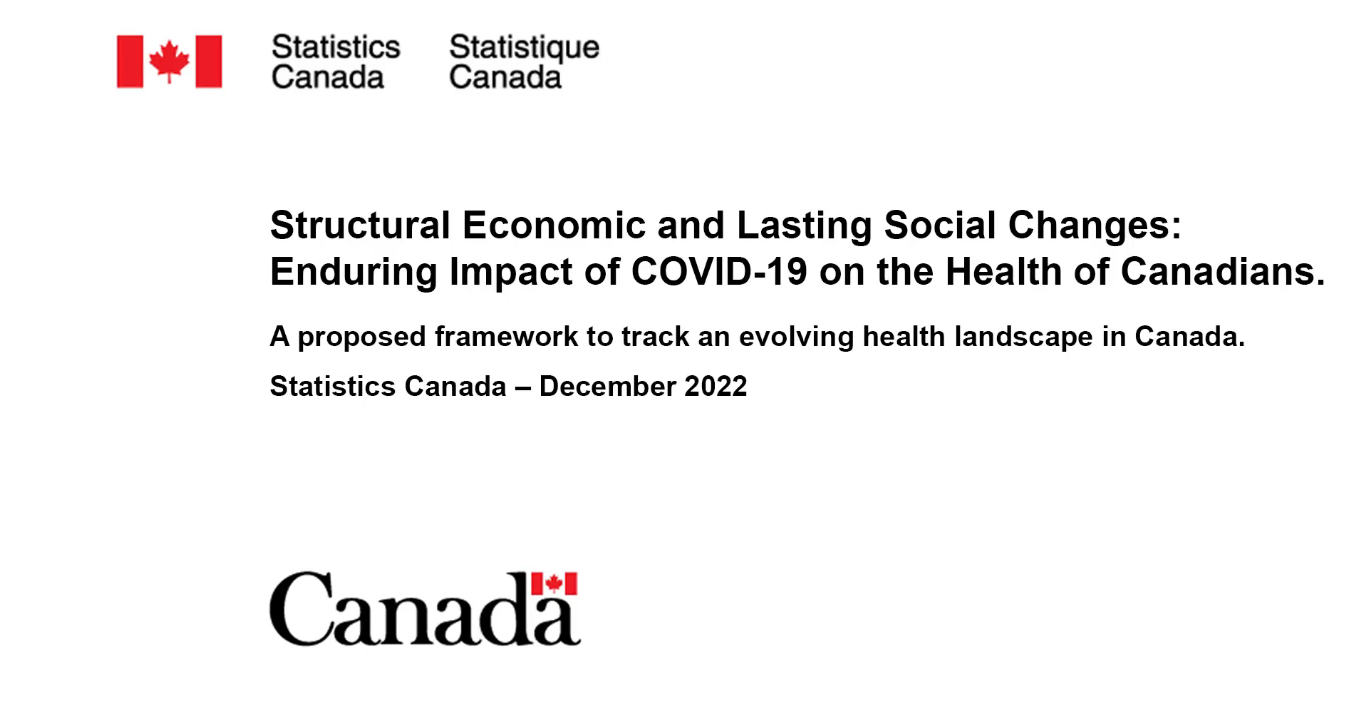Twitter is a social media platform that is used by millions of people worldwide. However, Twitter Canada’s recent decision to label state-affiliated media accounts has sparked controversy. In this article, we will discuss the implications of Twitter Canada’s decision, the violations of transparency and press freedom, and why it matters.
What is Twitter Canada’s decision?
Twitter Canada recently announced that it would label state-affiliated media accounts. This means that Twitter will now display a label on the profiles of media outlets that are controlled, funded, or influenced by a government. Twitter stated that this decision is aimed at providing transparency and helping people understand the origin of the information they see on the platform.
Implications of Twitter Canada’s decision:
While Twitter’s decision to provide transparency may seem noble, it has raised concerns about the violation of press freedom. Critics argue that Twitter’s decision could be seen as an act of censorship, especially in countries where media outlets are heavily influenced by the government. Additionally, this decision may create a chilling effect on free speech and discourage journalists from reporting on certain issues.
Violation of transparency and press freedom:
Twitter Canada’s decision to label state-affiliated media accounts is a violation of transparency and press freedom. This decision assumes that all media outlets affiliated with the government are propagandistic and undermines their credibility. It also creates a double standard, as Twitter does not label media outlets that are influenced by corporations, political parties, or other organizations.
Why it matters:
Transparency and press freedom are crucial for the functioning of a democracy. By labeling state-affiliated media accounts, Twitter Canada is limiting the public’s access to information and discouraging critical thinking. Moreover, this decision may be seen as a move towards censorship, which is a direct threat to press freedom and democratic values.










